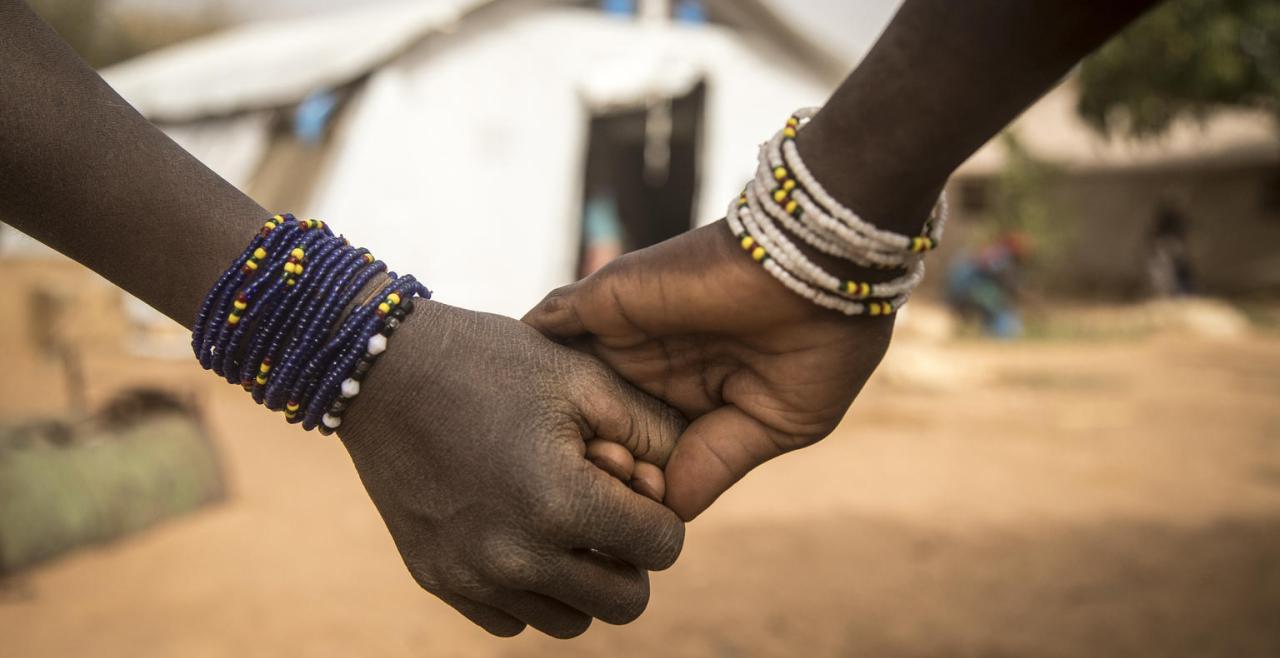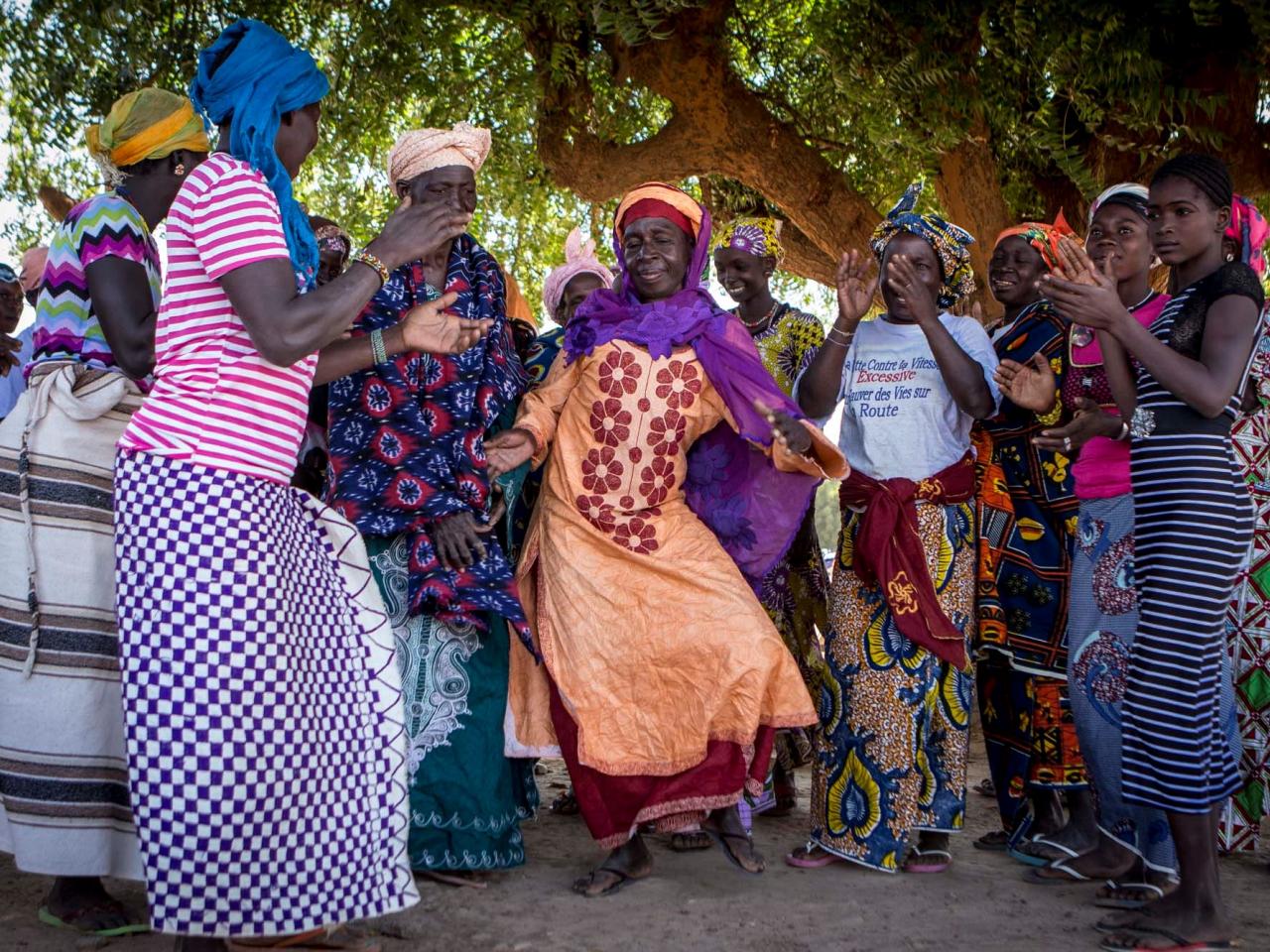Breaking the silence around sexual violence in Mali

BAMAKO, Mali – When Djénéba’s* 6-year-old daughter told her that she had been sexually assaulted by her uncle, Djénéba was distraught. As a mother, she wanted to protect her child and see her brother-in-law brought to justice, but she also faced pressure from her family not to speak out. They considered the issue a family matter and wanted to avoid any stigma that could arise from filing a report.
“The family wanted to manage the situation internally but I decided to contact the one-stop centre,” says Djénéba. One-stop centres offer integrated assistance to women and girls experiencing violence by providing access to medical, psychosocial and legal support at a single location. Here, Djénéba and her daughter reported the case to police and were able to get the immediate care they required.
“The family wanted to manage the situation internally but I decided to contact the one-stop centre” - Djénéba*, mother
“Today, my daughter is doing better physically and she is being monitored psychologically,” says Djénéba. “I ask everyone, especially during this time of coronavirus, not to leave your children unsupervised,” she says. “My child was raped in my own house.”
Thanks to Djénéba’s willingness to speak out, the alleged perpetrator was arrested by police and the case is progressing through the courts. They’ve been supported throughout the legal process by a lawyer who specializes in gender-based violence.
Though it was difficult to come forward, Djénéba hopes that they will show other survivors of violence that justice is possible.
“Today, my daughter is doing better" - Djénéba*, mother
Protecting women and girls at every level
More than 35 per cent of women and girls in Mali experience sexual and/or intimate partner violence in their lifetime. Fifty per cent of women are married while they are still children.
Spotlight Initiative supports survivors of violence at 10 one-stop crisis centres around the country, while working to end harmful practices such as female genital mutilation and child marriage through community outreach. In 2019, more than 480,000 people in Mali were sensitized on the issue of gender-based violence.
In addition to providing quality services for survivors of violence, the Initiative is working in the priority areas of Bamako, Kayes, Koulikoro, Sikasso and Ségou to strengthen the legal frameworks and institutions that protect survivors. In 2019, 305 communities were equipped with a system of referral for reporting violence. This means that when authorities such as community chiefs, health workers, police officers and school headmasters hear of violence taking place, they have an established set of reporting procedures to follow.
By working with government, community leaders, policy makers and the community, it’s possible to end impunity for perpetrators of violence and ensure girls like Djénéba’s daughter can live a life free from violence.
*Name has been changed to protect survivor’s privacy
By Mamadou Bakary Traore and Diariatou Diakité. Photo: girls holding hands in Mali, Seyba Keïta/UNICEF.

